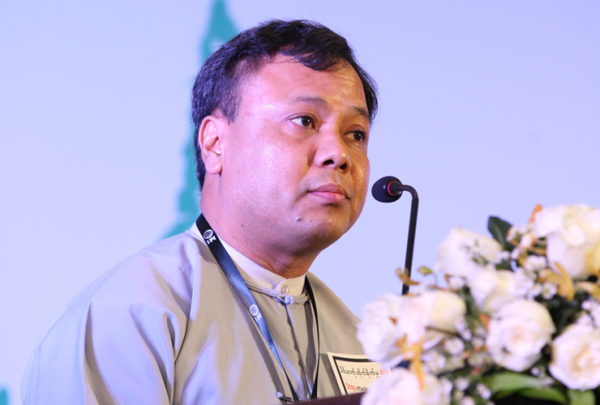The International Press Institute (IPI) today welcomed the decision of the Burmese government to delay the passage of a bill that would have stalled the recent liberalisation of the media in Burma.
The government said that the controversial draft press law, which stirred up criticism among Burmese media organisations and international observers, will not be passed until June, AP reported.
Burma’s Information Minister Aung Kyi further pledged to take into consideration input from media representatives regarding the shape of the new legislation. He is expected to meet press representatives this Saturday.
The vaguely formulated draft bill would have allowed for six-month jail sentences for license violations and a ban on reports that criticise the country’s constitution, drawn up by the military in 2008, the Los Angeles Times reported.
At first glance, the proposed legislation would appear to be an improvement in terms of media rights. For example, the law currently in place, which dates back to 1962, allows the government to revoke licenses at any time and provides prison sentences of up to seven years for media that fail to register.
However, while these provisions have been used in the past to silence journalists in Burma, the government of President Thein Sein has refrained from applying them, AP reports.
Given that Burma’s military government recently agreed to implement reforms that would lead the country towards greater democracy and liberalisation of the media landscape, observers had hoped that the new press law would bring about greater press freedom and refuted the draft bill as a continuation of existing restrictive practises.
IPI Press Freedom Manager Barbara Trionfi said: “We call on the Burmese government to use this opportunity to draft a press law that is in line with international standards and that reflects the outcome of a close consultation process with key representatives of the country’s press.
“We welcome the notable improvements in terms of journalistic freedoms in Burma and are indeed aware that it will take time for these trends to consolidate. Nevertheless, it is extremely important that local and international players closely monitor the government’s decisions in order to ensure that any new policies developed in this area enhance press freedom,” Trionfi added.
President Thein Sein’s elected government has relaxed the tight grip imposed on the Burmese media by his predecessors.
In August 2012, IPI welcomed Burma’s complete abolition of pre-publication censorship of newspapers as an important step towards press freedom.
Furthermore, while private weekly newspapers have already been in circulation for some months, several of their daily counterparts have received permission to start operating beginning in April 2013. This would represent a small revolution, given that privately owned daily newspapers have not been allowed in Myanmar since 1964.
In light of the newly won freedoms, media rights groups are on high alert for government attempts to re-encroach on their right to publish freely.
As Sein Win, chief editor of the Mizzima media group, told the Los Angeles Times: “If they go with this law, there will be big noises and confrontation again with the press.”


